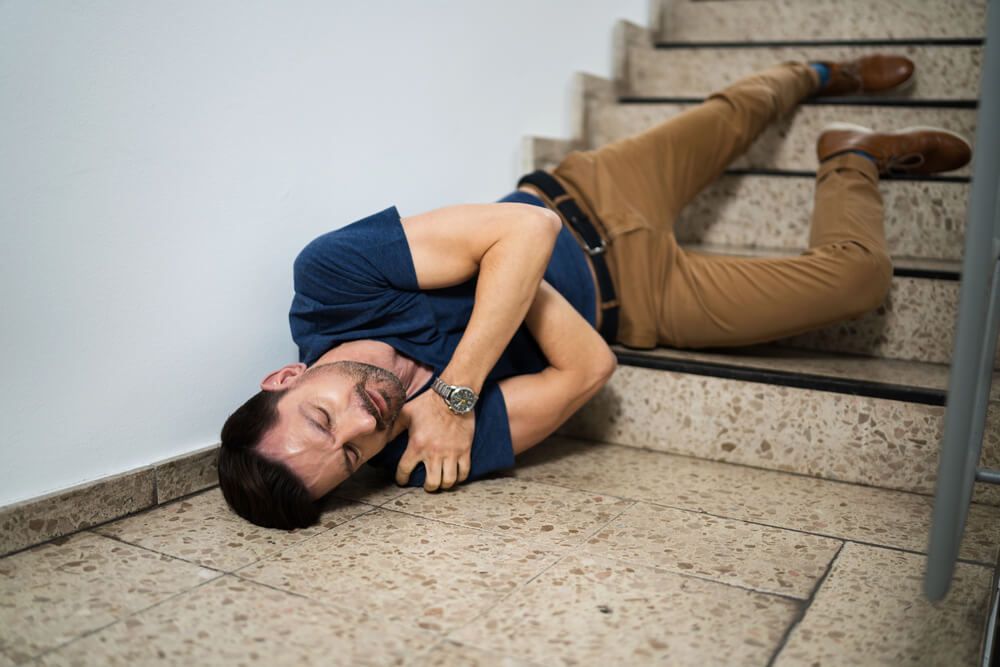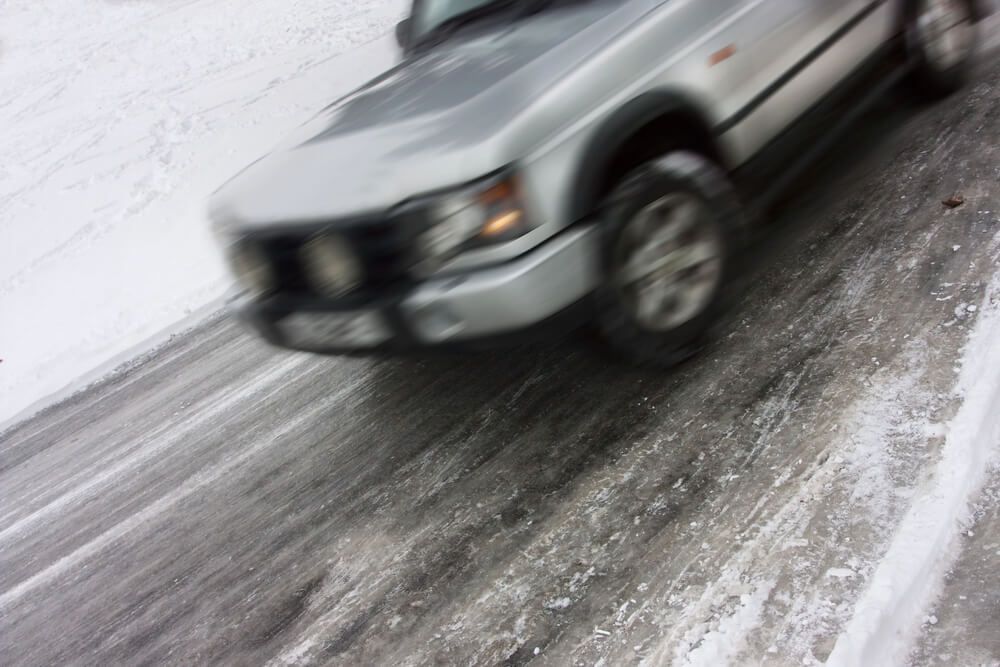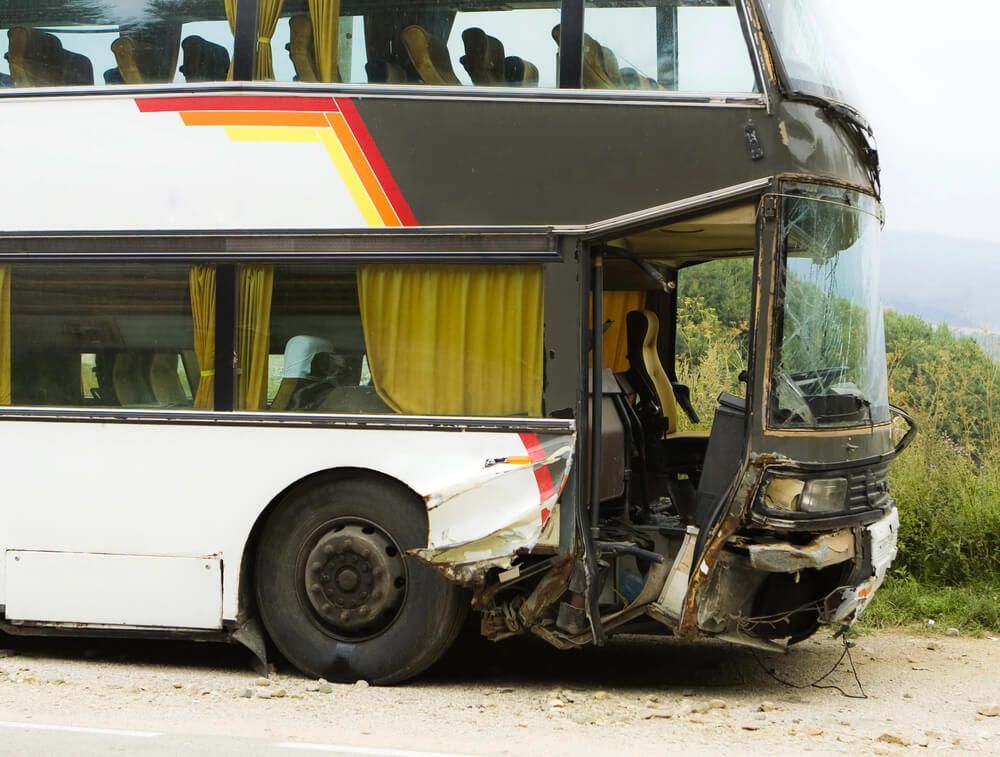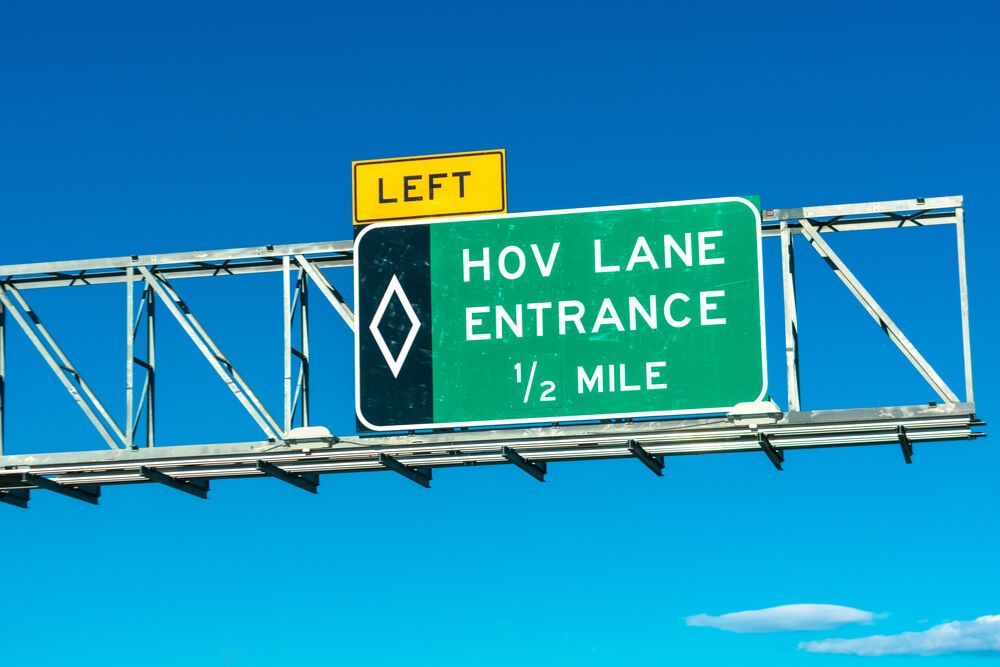The Arizona Good Samaritan Law Explained
Recent Blog Posts
The Arizona Good Samaritan Law Explained
Who maintains responsibility for helping if a person gets hurt or experiences an emergency that requires medical care in a public place? In the media, a well-meaning doctor, nurse, or ambulance driver may arrive just in time to provide appropriate care and is hailed as the hero of the day. In real life, this situation can certainly occur, but the Arizona Good Samaritan Law stipulates the responsibilities of this person. Learn more about what could happen if things don’t go as planned.
The Arizona Good Samaritan Law
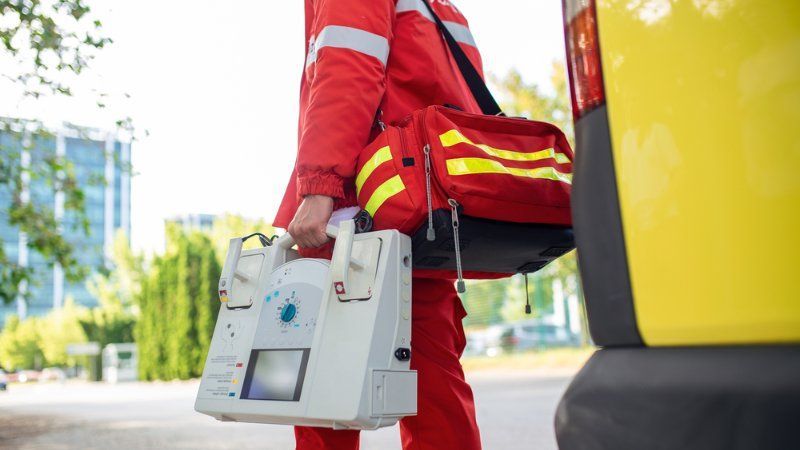
In some emergencies, the person trying to help may cause additional injuries due to equipment use. Or, sadly, they may not provide enough help to save a victim of a heart attack, accident, or drug overdose. Does this put the good Samaritan at legal fault?
The Arizona Good Samaritan Law restricts the liability of emergency care providers who render services after an accident. According to this law, personal injury that does not lead to gross negligence or willful misconduct is not subject to civil liability.
Which Services Have Coverage Under the Law?
Providers covered under the Arizona Good Samaritan Law may be physicians who volunteer at a sports event, ambulance drivers, and EMTs. This category also includes people who provide lifesaving medical equipment. Equipment may include defibrillators, or bystanders who stop to help in the event of a drug overdose. Sometimes, it can include the property owner where the event occurred.
What Types of Care Does It Stipulate?

Usually, the Arizona Good Samaritan Law revolves around situations where either a medical professional or a bystander must act quickly to save a life or prevent an emergency from escalating. If these people act in good faith and do not mean to injure or cause trauma to the affected person, they are not responsible for the event’s outcome. Here are a few examples:
- Administering epinephrine: Giving someone an epinephrine injection can be lifesaving when allergic reactions occur. If a health professional isn’t available, the person who administered the epinephrine will not be responsible for whatever happens to the person suffering from the reaction.
- Using a defibrillator: In some emergencies, defibrillator use may be necessary to help save a person’s life. If an EMT uses this device in good faith, they will not be found liable for injury caused by the defibrillator.
- Removing an animal or a child from a vehicle: People acting as good Samaritans may, in good faith, break into a locked vehicle to save the life of an animal or child. However, they must notify law enforcement or animal control first.
Learn More About the Arizona Good Samaritan Law From Sargon Law Group
Sometimes, a good Samaritan can save the day. In other situations, this person may not render the appropriate care even if they mean to help. If you suffered due to a provider’s negligence, it’s time to reach out to an injury attorney in Phoenix. They can begin untangling your case and determine whether it falls under the Arizona Good Samaritan Law. Get in touch with Sargon Law Group today for compassionate, experienced legal assistance.
